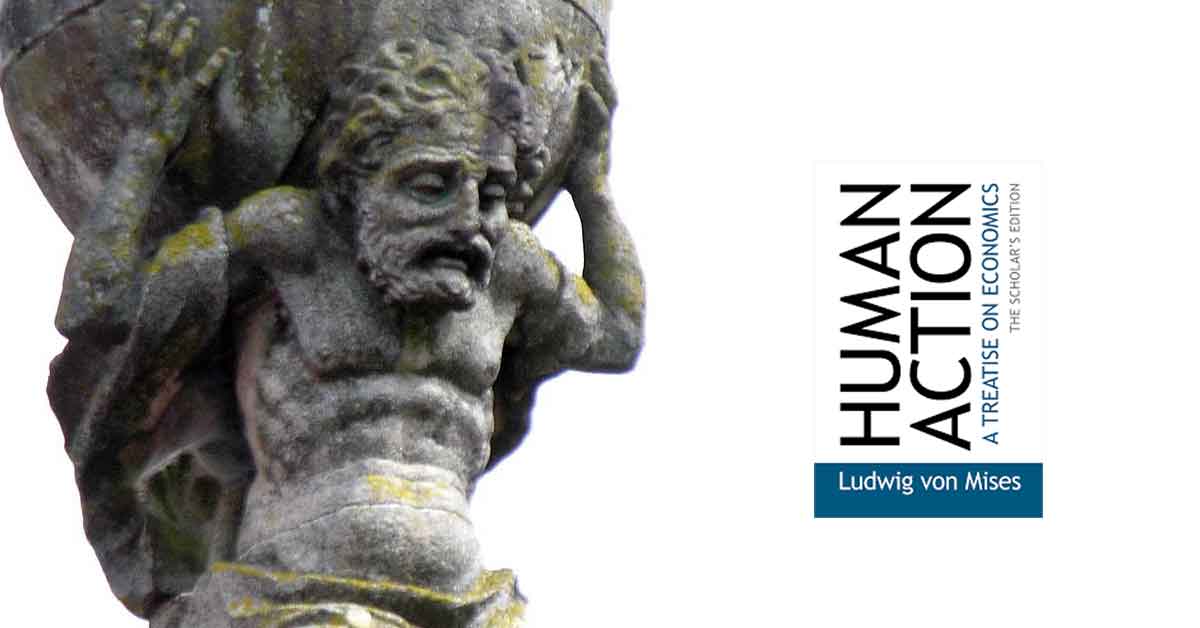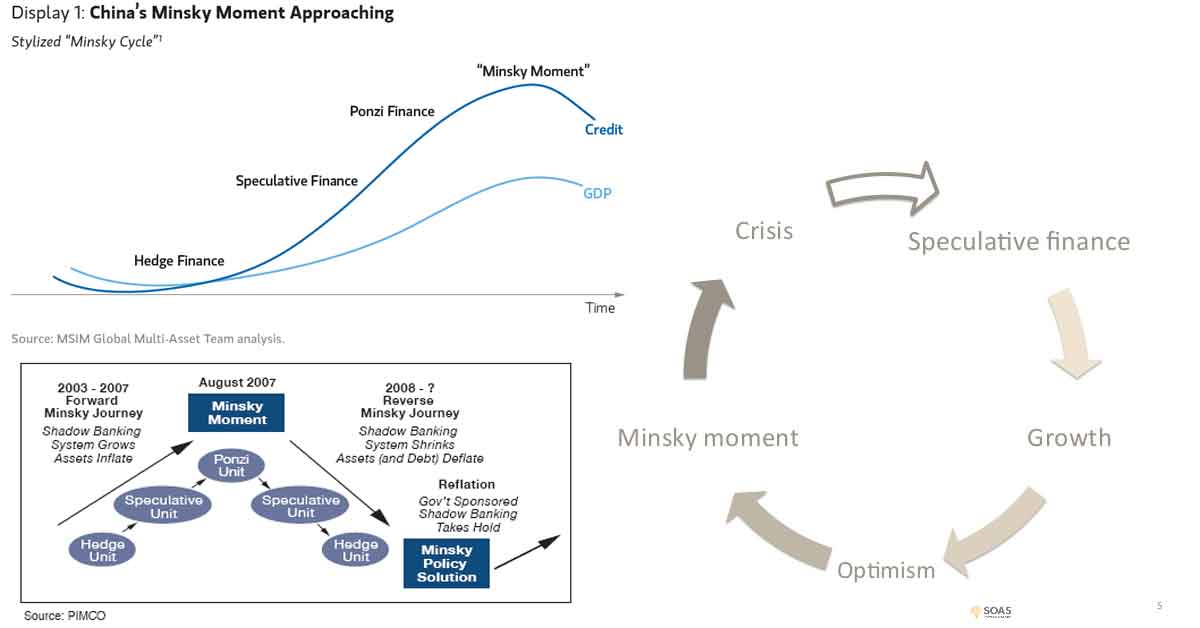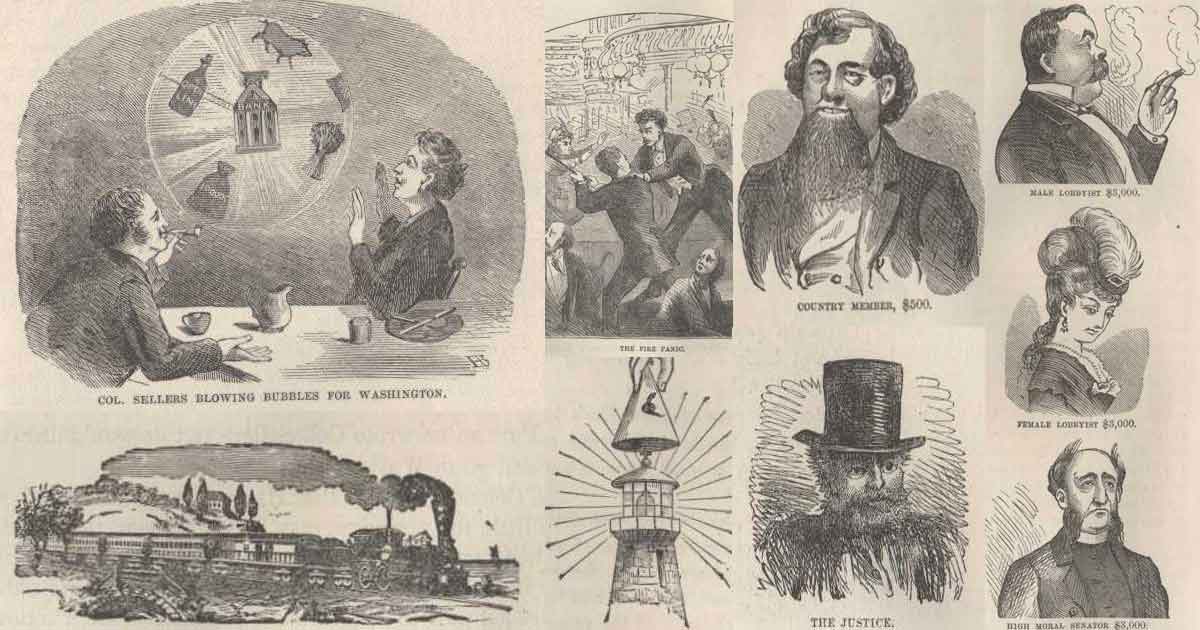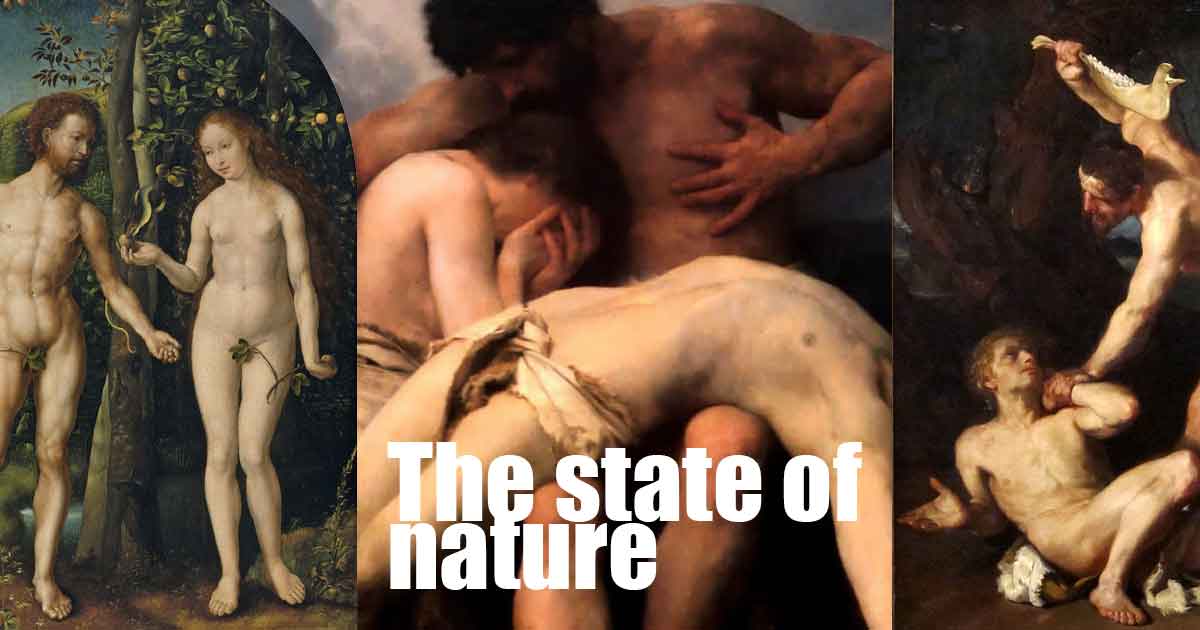All Action is Human Action

As Mises said, “all action is human action”. In other words, although we form groups that can indirectly act through consensus, groups themselves aren’t physical entities (and thus they can’t act directly).
A philosopher is a person who studies philosophy using logic and reason.

As Mises said, “all action is human action”. In other words, although we form groups that can indirectly act through consensus, groups themselves aren’t physical entities (and thus they can’t act directly).

Classical Athens had a type of Direct Democracy that included direct voting on laws and election by lottery, but participation was limited to adult male citizens who owned land.

Stability isn’t necessarily destabilizing, but as Hyman Minsky’s Financial Instability Hypothesis eludes: longterm stability breeds instability and diminishes resilience in economic markets, mainly due to psychological factors.

Extreme equality and an extreme inequality are both equally as dangerous in a democratic society. In both cases it corrupts the government.

As James Madison said when discussing special interest factions and liberty in the Federalist #10, “Liberty is to faction what air is to fire, an aliment without which it instantly expires”.

We often attribute the origin of the state of nature argument to Hobbes, but it can be traced to thinkers like Plato, Aristotle, and the Sophists in the 300s BC, and is then mused on by other early philosophers.

Historically, Protestantism is like classical liberalism (individual liberties and rights) and Catholicism is like social liberalism (state enforced social justice).

Below we present an annotated version of Andrew Carnegie’s 1889 essay Wealth (better known as the Gospel of Wealth).

The state of nature is the state humans lived in before forming the first societies. By examining the state of nature we can better understand the implicit and explicit social contracts which govern societies.

Politics can be treated as a science (political science), but it must always seek data that can be confirmed by our senses (empirical evidence).